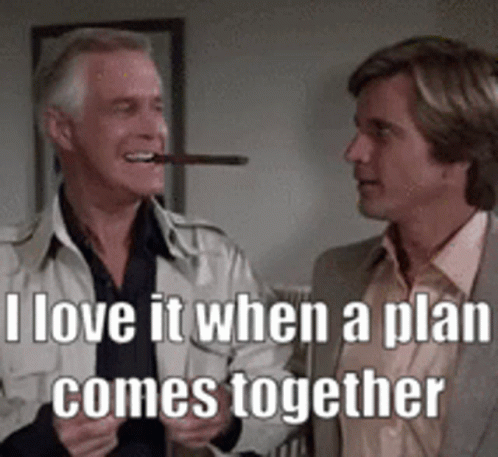
Today’s Buzz is by Samantha Roberts– connect with her on LinkedIn and Twitter!
Growing up, I heard the constant refrain – “if you’re not 5 minutes prior to 5 minutes early, you’re late”. I sweat bullets making sure I was on time (with some success), but the metaphor never stopped at a physical destination. As I got older, I applied this logic in many ways: “cross the proverbial bridge before you get to it,” “get out ahead of the action to maintain some control,” “read minds and in between the lines,” etc. You can probably see how dodgy this is for one’s mind. Ah, perfectionism – a local government nerd’s longtime bedfellow.

Let me first say that I am in no way advocating we disregard someone’s time and arrive someplace when we feel like it. That’s not what we’re talking about here. This is about the undue pressure we place on ourselves to have every hypothetical T-crossed and I-dotted to avoid any margin for error or space for critique.
While this effort to “arrive early” may provide some measure of success in life (hello, “detail-oriented” resume cliché), it can also lead to some fairly intense angst.
….maybe it’s not worth it?
Unclenching my jaw, dropping my shoulders, and taking a moment to yawn (it’s a thing, look it up), I unwind, intending to always be one step ahead. And you know what I realize? I think I spend more time winding myself up than actually being one step ahead. I work hard to believe that I have it figured out when I’m really just figuring it out. Put another way, I spend a tremendous amount of emotional energy working to be the proverbial “5 minutes before 5 minutes early” – but instead of being early, I’m just anxious…and ultimately late by those impossible standards.
More often than success, prematurely crossing these bridges leads to stress, errant assumptions, duplication of work, missed opportunities, and burnout. Instead of allowing space for organic growth, this micro-managing can stunt the beauty of seemingly spontaneous community-building. By anxiously filling in every detail, we can leave room for some funky and serendipitous details.
This control-oriented mindset also curtails real and meaningful vulnerability, which requires honesty, open hands, and room for growth. What if instead of straining to be “one step ahead”, we filled out the Gantt Chart and took a deep breath? What if we Marie-Kondo-ed this planning method and said “que sera, sera” instead?
What if we arrived late?
Additional Reading:
An Essay on Overcoming Perfectionism
